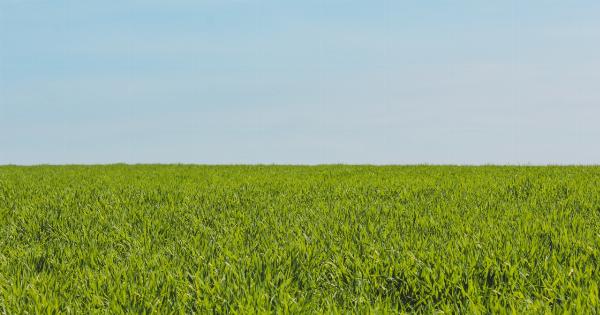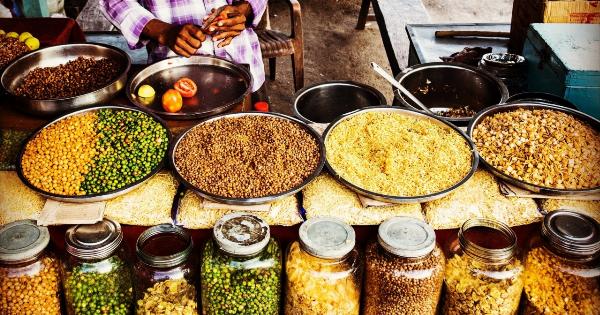Protein is an essential nutrient for the human body. It plays a vital role in building and repairing tissues, producing enzymes and hormones, and maintaining a healthy immune system.
However, recent studies have shown that a high level of protein consumption could increase the risk of stroke.
What is stroke?
Stroke is a condition that occurs when the blood flow to the brain is interrupted. It can happen either due to the blockage of a blood vessel or due to the rupturing of a blood vessel.
When the blood flow is restricted, the brain cells start to die, and this can cause permanent brain damage, disability, or even death.
The link between protein and stroke
A study published in the journal Neurology has found a strong association between a high protein diet and the risk of stroke. The study followed nearly 100,000 adults in Japan for an average of 14 years.
The participants were grouped based on their daily protein intake, and the researchers tracked the incidence of stroke in each group.
The results showed that people who consumed more than 20% of their daily calories from protein were 13% more likely to experience a stroke than those who consumed less than 10% of their calories from protein.
The study also found that the risk of stroke was higher in people who consumed animal protein rather than plant-based protein.
Why does a high protein diet increase the risk of stroke?
The exact mechanism by which a high protein diet increases the risk of stroke is still unclear. However, there are several theories.
One theory is that a high protein diet may increase the level of homocysteine in the blood. Homocysteine is an amino acid that is produced during the breakdown of protein. High levels of homocysteine have been linked to an increased risk of stroke.
Another theory is that a high protein diet may increase the level of uric acid in the blood. Uric acid is a waste product that is produced when purines, which are found in protein-rich foods, are broken down.
High levels of uric acid have been associated with an increased risk of stroke.
Finally, a high protein diet may increase the production of free radicals in the body. Free radicals are unstable molecules that can damage cells and tissues, and have been linked to an increased risk of stroke.
The role of plant-based protein
While a high intake of animal protein has been linked to an increased risk of stroke, the same cannot be said for plant-based protein. In fact, several studies have found that a high intake of plant-based protein can actually lower the risk of stroke.
One study published in the American Journal of Clinical Nutrition followed more than 43,000 men and found that those who consumed the most plant-based protein had a significantly lower risk of stroke than those who consumed the least.
Another study published in the Journal of Nutrition, Health & Aging followed more than 2,500 adults and found that those who consumed a high amount of plant protein had a lower risk of stroke than those who consumed a high amount of animal protein.
Conclusion
While protein is an essential nutrient, a high intake of animal protein has been linked to an increased risk of stroke. This risk can be mitigated by incorporating more plant-based protein into the diet.




























